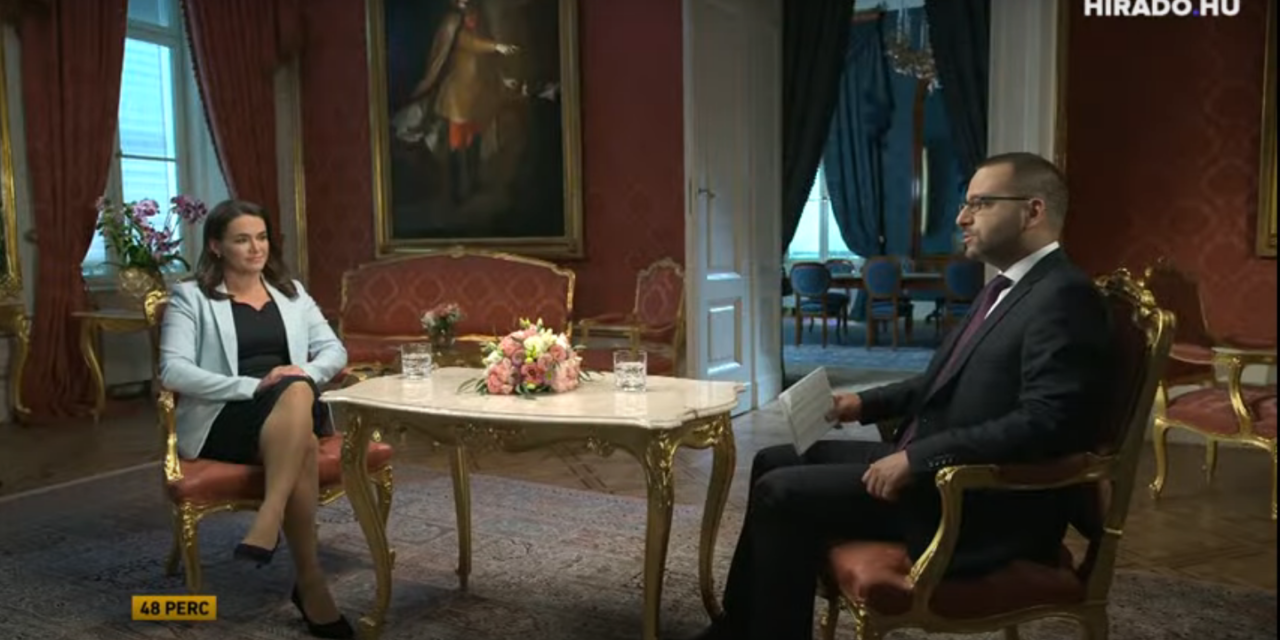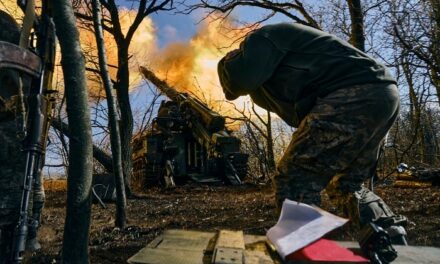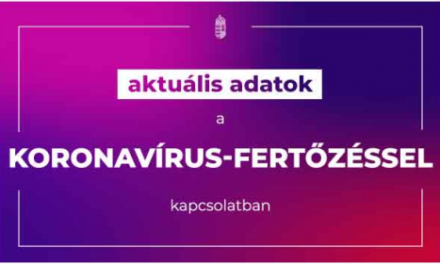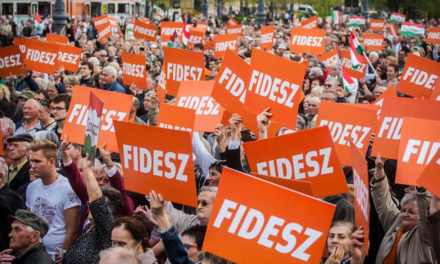Magyar Nemzet writes that Katalin Novák gave her first major interview as President of the Republic yesterday, Thursday evening, on the M1 channel's program 48 Minutes. The reporter was Tamás Lánczi. - can be read in the review of mandiner.hu.
In the program recorded in the Sándor Palace, the head of state spoke about the long friendship between Hungarians and Poles, which is why he decided to make his first trip to Warsaw. Tamás Lánczi suggested that many people today are talking about the change in relations between Hungary and Poland. However, according to Katalin Novák, the two peoples have a much deeper and longer friendship, and the good relationship has not changed substantially.
"Polish and Hungarian two good friends are not a slogan or a phrase, but a deep sense of togetherness.
There are many voices and interests that try to drive a wedge into the cooperation between the two countries, but we must not let this happen, and we were able to negotiate with each other in this spirit," said the President of the Republic.
He celebrated the Day of Reformed Unity in Transylvania and then traveled to Berlin. According to him, the latter was important because the relationship with Germany is not only historical, but also economic. He added that during the more than one-hour conversation with the President of the German Republic, Frank-Walter Steinmeier, the Ukrainian war and the sixth EU sanctions package were discussed, among other things. The President of the Hungarian Republic described Walter Steinmeier as a knowledgeable left-wing politician who was very interested in the Hungarian position and, according to Novák, understood why the Hungarian government's criticism of the original form of the EU sanctions package was important. According to the head of state, it was also possible to explain to Steinmeier why the Hungarian government did not want a church figure (Moscow Patriarch Kirill, ed.) to be put on the sanctions list. Katalin Novák stated: the Hungarian government has now put aside the feelings they felt due to legal violations related to Transcarpathian Hungarians in order to be able to help Ukraine.
Katalin Novák said about her trip to Prague that she had also consulted with President Milos Zeman and Prime Minister Petr Fiala. He emphasized that he is confident that he will soon be able to meet the President of the Slovak Republic. He emphasized: there are many voices trying to drive a wedge into Polish-Hungarian friendship, despite this, relations between the two countries are still good, he added.
Regarding the Transylvanian Hungarians, he said that the visit to Gyulafehérvár was a real celebration, and it was a "moment of grace" when Zoltán Balog pacified a Romanian nationalist protester with a priest's kiss. The way I see it,
Being Hungarian in Transylvania has never been easy in the last 100 years, and it won't be for a while.
but they wear Székely clothing in the most natural way, he pointed out. He also talks about his trip to Bucharest on Friday, where he was invited by Romanian President Klaus Iohannis and Polish President Andrzej Duda to the meeting of the Bucharest Nine, which brings together the Central European and Baltic countries, which mainly deals with security issues.
When asked what the stakes of the war in Ukraine are for Transcarpathian Hungarians and Hungarians as a whole, Novák responded: it is very shocking to see the reports that come from the war zone every day. With that being said, it's good to see help. According to him, the Russians did not formulate a real war objective, Vladimir Putin did not even call the invasion a war. He added that now everyone is guessing what will happen.
What is important for us is that the conflict does not escalate, and that the Transcarpathian Hungarians can live as they lived before the war, including that they can live freely as Hungarians, he added.
Katalin Novák does not feel a sharp dividing line between domestic and foreign policy, so she considers it natural that in this current situation, when we are over the coronavirus epidemic, when there is a war next door, we are over the election and there is an economic crisis, this is somewhat the political mood leads to overheating.
Source and original article: mandiner.hu
Featured Image: YouTube/Screenshot












